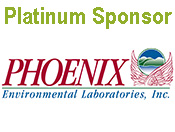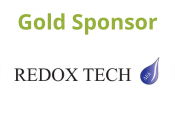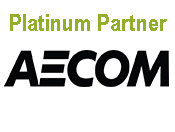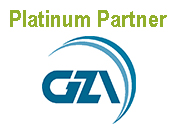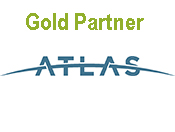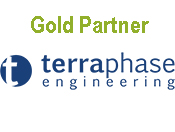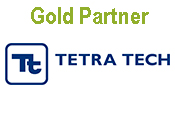It Depends on What the Meaning of "Oil" Is
By: Bill Betters, LSP, CDW Consultants and LSPA Past President, and Wendy Rundle, LSPA Executive Director On September 30, 2015, the LSPA filed an Amicus Curiae (“Friend of the Court”) brief with the Commonwealth of Massachusetts Supreme Judicial Court (SJC) in the case of Peterborough Oil Company, LLC (Plaintiff-Appellant) v. Department of Environmental Protection (Defendant-Appellee). The case is on appeal from Worcester County Superior Court. The brief was prepared by Donald Cooper, Partner at Nixon Peabody and the LSPA’s longtime pro bono counsel, along with Courtney Thomas, his legal intern. At issue in the case is the technical application of a section of the Massachusetts Contingency Plan (the “MCP,” 310 CMR 40.0000) that addresses the “Identification of Exposure Points” in groundwater within an Aquifer Protection District or the Zone II of a Public Supply well (310 CMR 40.0924(2)(b)(3)(a)). The LSPA Board of Directors reached out to the LSPA Past Presidents and the Regulations, Technical Practices, and Loss Prevention Committees for their members’ experiences and opinions. The LSPA Past Presidents Committee (PPC) took the lead and developed a statement that guided our attorney. Specifically, the members of the PPC were asked whether, in their experience, the Massachusetts Department of Environmental Protection (MassDEP) had reasonably and consistently interpreted this particular regulation. The matter is focused on whether the regulatory exemption for "Oil" applies specifically to “petroleum hydrocarbons,” or alternatively to the broader definition of “Oil” that would include the additives and/or hazardous materials that are a part of virtually every commercial petroleum product. When the GW-1 exemption at 40.0924 was proposed and promulgated circa 2007 – 2008, it was presented as a pathway to closure for sites in GW-1 areas where “Contamination is limited to Oil,” including gasoline releases, and where several other conditions were met (e.g., decreasing plume footprint, no bedrock involvement). Despite this stated objective, MassDEP personnel specifically informed those LSPs who attended a particular series of training sessions that the exemption applied only to the “petroleum hydrocarbon” components of Oil releases, and did not include additives such as lead, ethylene dibromide (EDB), and methyl tert-butyl ether (MTBE). MassDEP’s rationale was that these additives are either persistent compounds, as in the case of lead, or more soluble and mobile than oil as in the case of EDB and MTBE. Although the exclusion of additives was specifically noted by the MassDEP instructors at these training sessions, this exclusion was not explicitly stated in the printed materials distributed at the training session, nor was it specifically addressed in Q&As or in any other document available to those LSPs who were not at that particular training program. Some of the attendees at this year’s annual PPC meeting, citing MassDEP’s oral representations, argued that the specific application of the GW-1 exemption should be limited to the petroleum hydrocarbon component of Oil and that, in the context of this narrowly focused application, this was a reasonable approach. The PPC attendees did not have a collective opinion as to whether the rule had been applied consistently over time, between MassDEP regions, or under audit review; this was because the attendees had only limited experience with the exemption. However, the PPC attendees recognized that, regardless of the original intent, the terminology in the GW-1 exemption provision is rendered ambiguous by relying on the MCP definition of “Oil,” as opposed to the definition of “Total Petroleum Hydrocarbons” or its derivative “petroleum hydrocarbons.” Specifically, the limited definition of “Oil” now posited by MassDEP for the GW-1 exemption is inconsistent with the definition and practice within other regulatory citations of the MCP. In short, while those present at the recent LSPA PPC meeting did not have anecdotal information as to whether or not MassDEP had applied the limited definition of “Oil” consistently with respect to the GW-1 exemption, there was general agreement that there has been an inconsistency in MassDEP’s broader use of the term "Oil" throughout the MCP. Given this inconsistency, those present agreed that MassDEP should clarify its intent with respect to the exemption so that, going forward, it was clear to all LSPs and other interested parties. The LSPA submitted its brief on September 30, 2015 and the Supreme Judicial Court (SJC) heard oral arguments on October 8, 2015. The SJC webcast of the oral arguments here. The LSPA's brief is referred to several times by the SJC justices during the 1/2 hour long hearing, and the LSPA was pleased to be able to respond to the SJC’s request for amicus briefs. We are told to expect a decision on the case within 4 to 6 months of the oral argument. The LSPA will be sure to report on the outcome once it is available. |


